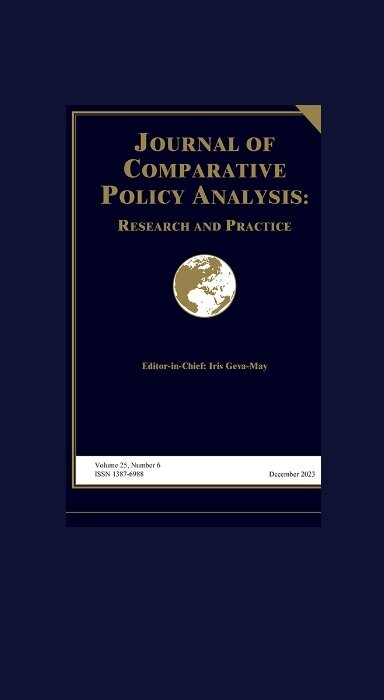The Coexistence of Different Welfare Regimes in the Same Country: A Comparative Analysis of the Brazilian Municipalities Heterogeneity
This paper demonstrates that heterogeneous countries such as Brazil have vast differences in welfare arrangements at the sub-national level. A number of social policies (social insurance, education, health and social assistance) were analysed in 5,565 Brazilian municipalities along five dimensions: expenditure, coverage, share of private spending, family structure and poverty. The grade of membership method was used to cluster municipalities and identify the main differences in their welfare regimes. Factor analysis was also used to explore which dimensions are most relevant in characterizing these sub-national regimes. The results show highly heterogeneous institutional forms of social protection across municipalities, which are classified as social assistance, quasi-social assistance, corporative, quasi-corporative, family insurance and intermediary welfare regimes.
SÁTYRO, Natália; Cunha, Pedro . The Coexistence of Different Welfare Regimes in the Same Country: A Comparative Analysis of the Brazilian Municipalities Heterogeneity. Journal of Comparative Policy Analysis , v. 20, p. 1-25, 2018.


